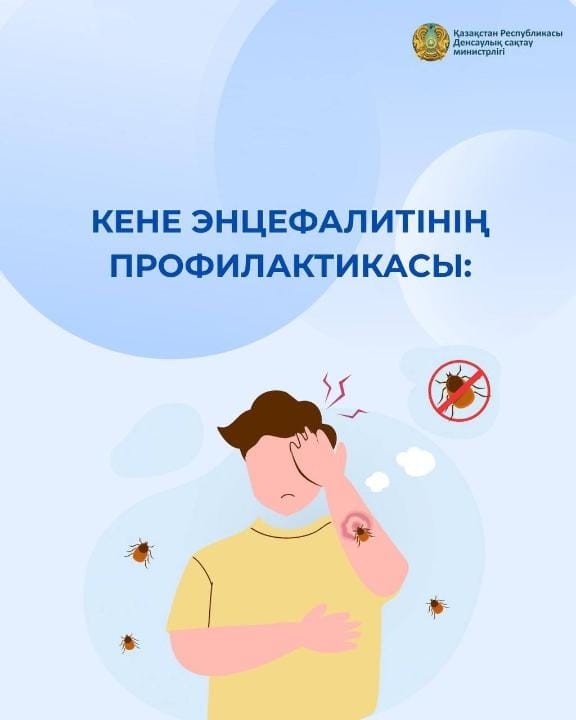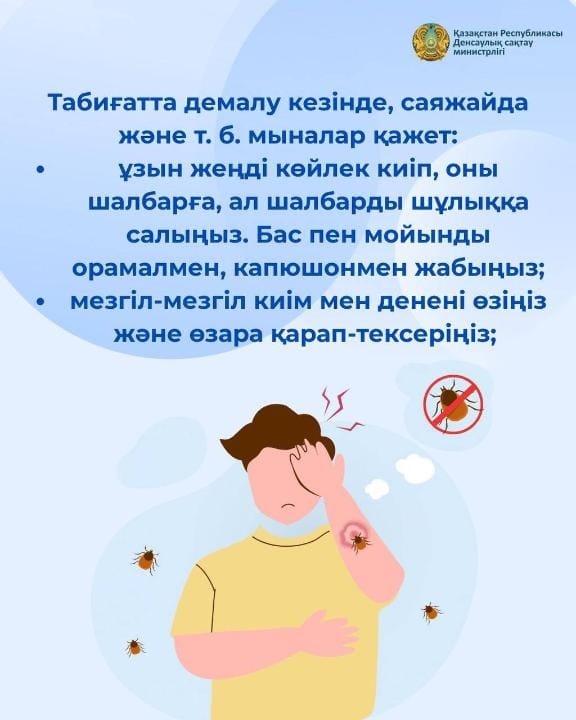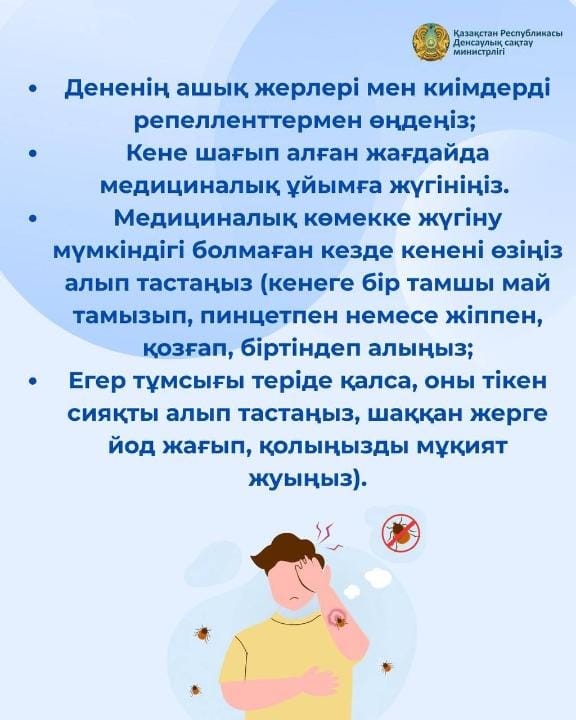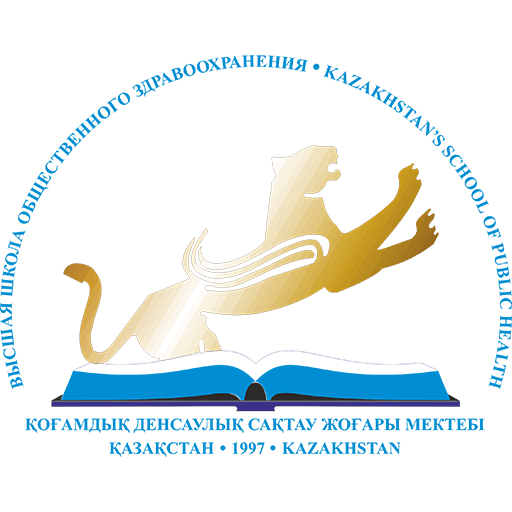


Since the beginning of this year, 17 cases of tick-borne encephalitis have been registered in Kazakhstan — 11 more than during the same period last year.
The highest number of cases was recorded in the North Kazakhstan region — 6 cases, including in areas previously not considered endemic.
This indicates an expansion of the habitat of ixodid ticks, linked to climate change and early onset of hot weather.
Other cases were reported in:
- Akmola region – 4 cases
- East Kazakhstan region – 3 cases
- Almaty region – 2 cases
- Pavlodar region and Almaty city – 1 case each
In the first half of the year, 8,840 people sought medical attention after tick bites, including 3,444 children under the age of 14.
88% (7,736 people) received emergency immunoglobulin prophylaxis. The remaining 12% did not receive treatment due to various reasons, such as being outside an endemic zone, delayed medical attention, personal refusal, previous vaccination, etc.
Sanitary and epidemiological services conducted spring anti-tick treatments and established protective sanitary zones around 279 high-risk (tick-borne encephalitis endemic) settlements.
Recommendations for the public:
When spending time outdoors, especially in areas endemic for tick-borne encephalitis and Crimean-Congo hemorrhagic fever (CCHF):
- Use repellents on exposed skin and clothing
- Wear protective clothing: long-sleeved shirts, tuck pants into socks, and cover your head with a scarf or hood
- Regularly inspect your clothes and body
- If you find a tick, immediately contact a medical institution
- If you remove the tick yourself, be cautious: do not pull sharply, if the head remains in the skin – remove it like a splinter, treat the bite with iodine, and wash your hands thoroughly
Follow the news on our website: https://ksph.edu.kz/ and on our Telegram channel: Mediclub

